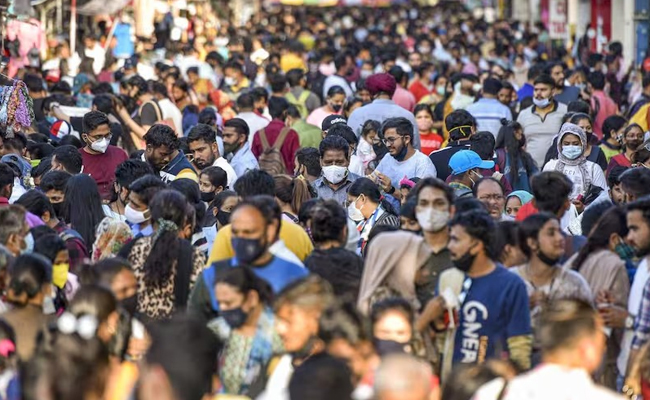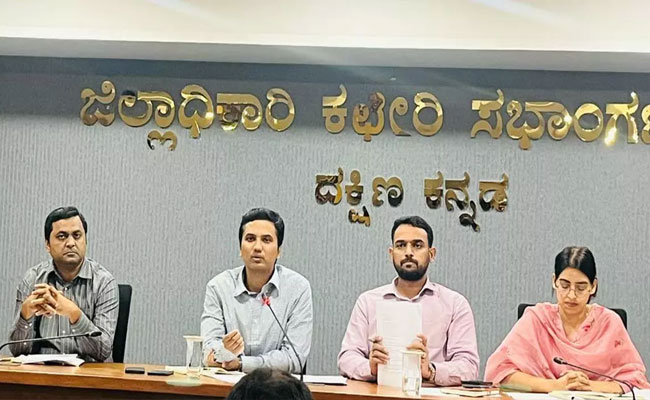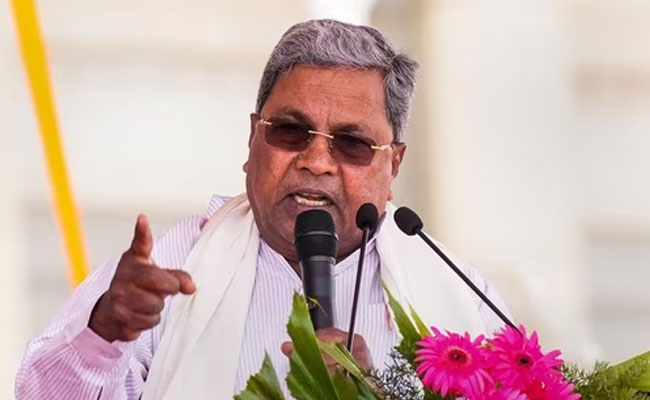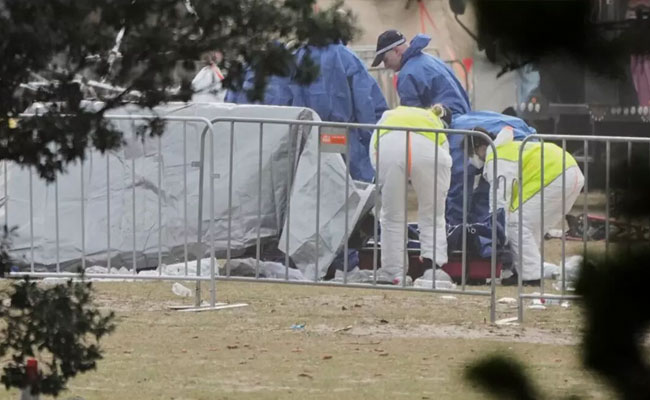On October 20, 2024, the Times of India reported that Andhra Pradesh Chief Minister N. Chandrababu Naidu urged southern states to encourage families to have more children, highlighting concerns over an aging population. Naidu shared that the Andhra Pradesh government is considering legislation to promote families having more than two children. He even suggested that only families with over two children might be eligible to participate in municipal voting.
A previous rule preventing candidates with more than two children from contesting local elections has now been reversed. Naidu emphasized that youth migration is worsening the issue of aging populations and pointed out that the fertility rate in southern states has dropped to 1.6, well below India’s national average of 2.1.
Drawing comparisons with Japan and China, he stressed the need for population management to prevent socio-economic challenges by 2047. He added that earlier policies aimed at conserving resources have led to unforeseen problems, calling for a review and update of outdated approaches.
Following N. Chandrababu Naidu's appeal, Tamil Nadu Chief Minister M.K. Stalin also encouraged families to consider having more children, though with less intensity. This call sparked curiosity, raising questions about the intentions behind it and the potential political consequences.
India pioneered a national family planning program in 1952, a first globally, when the country’s fertility rate stood at 5.9. Since then, birth rates have declined significantly in South Indian states compared to northern regions. In 1976, then-Prime Minister Indira Gandhi responded to this by freezing the number of parliamentary seats allocated to each state, ensuring that states effectively managing population growth would not face political drawbacks.
The upcoming 2026 delimitation process could disrupt the long-standing freeze on parliamentary seat allocations, potentially impacting South Indian states' political representation. These states, which have effectively managed population growth through robust family planning, worry that shifting to a population-based model for representation may lessen their influence in the Indian Parliament.
In a September 2023 report, India Today noted that all major political parties in Tamil Nadu voiced strong support for the Union government’s 33% women’s reservation bill. However, they also expressed concerns about the looming delimitation. Observers pointed out that statements from the BJP-led central government suggested that women’s reservation might only take effect after the next census and delimitation. This has heightened concerns that a population-focused approach could weaken the political standing of South Indian states, despite their successful population control efforts.
The report further highlighted Chief Minister M.K. Stalin's remark, calling the impending delimitation a “sword of Damocles” hanging over the South, urging the central government to consider the unique position of these states. DMK MP Kanimozhi and Congress MP Karti Chidambaram echoed these concerns, warning that South India risks reduced representation in Parliament despite contributing a major share of tax revenue to the Centre. Ironically, even Tamil Nadu BJP chief K. Annamalai opposed population-based delimitation, advocating for a more balanced approach that respects the interests of all stakeholders.
In 2021, the Finance Commission made a notable choice by using 2011 census data to determine tax revenue distribution between the Centre and the states. This approach, seen as an indirect result of the upcoming delimitation, has stirred frustration in the South, where effective population control measures appear to be resulting in reduced fiscal and political leverage.
Reports from India Today and Outlook indicate that Karnataka Chief Minister Siddaramaiah had previously voiced strong opposition to the 15th Finance Commission's recommendations to replace the 1971 census data with the 2011 census for tax revenue allocation. He urged the Southern states to oppose this shift, fearing that states like Karnataka, which have implemented effective population control, could be disadvantaged under the new formula.
With shifting political winds, Southern leaders are now discussing the potential benefits of higher birth rates as a response to these perceived demographic challenges. Many residents feel that their commitment to family planning has led to reduced tax shares and may lead to diminished representation in Parliament. This sentiment has even sparked a reconsideration of long-standing family planning initiatives, as some argue that higher birth rates could help secure greater political influence and economic stability amid evolving national policies.
Let the Truth be known. If you read VB and like VB, please be a VB Supporter and Help us deliver the Truth to one and all.
New Delhi (PTI): The BJP on Tuesday alleged that West Bengal Chief Minister Mamata Banerjee's accepting Aroop Biswas' resignation as the state sports minister is nothing but a "rear-guard action" to douse public anger over the mismanagement of football icon Lionel Messi's event last week.
BJP co-in-charge for West Bengal Amit Malviya alleged that this is also an "open confession" that the Messi event fiasco was not accidental but a government-manufactured disaster, borne out of the poor governance of Banerjee, her ministers and the state bureaucracy.
Banerjee on Tuesday accepted Biswas' resignation as the sports minister in the wake of the controversy over the mismanagement of football icon Messi's event last week, a senior leader of the ruling TMC said.
Biswas, who had written to the chief minister seeking to be relieved of his responsibilities as sports minister, will continue as a cabinet minister, retaining charge of the power department.
ALSO READ: Slain Australia beach shooting suspect native of Hyderabad: T'gana police
Reacting to the development, Malviya said in a post on X, "TMC Sports Minister Aroop Biswas resigns after the Messi fiasco and Mamata Banerjee accepts it in record time."
"Do not mistake this for accountability; this is nothing but a rear-guard action to douse public anger. anger! This is not 'Raj Dharma'," he added.
The BJP leader alleged that the incident was the outcome of "loot" of common people which is "so synonymous" with the TMC.
The incident was also the outcome of the "shameless VIP culture that TMC thrives on and deep-rooted cronyism promoted by Banerjee," he charged.
Malviya further alleged that Biswas' resignation exposes a "collective failure of Mamata Banerjee, her partisan bureaucracy, and her crony cabinet".
"This is a symbolic sacrifice, a political hoax, soon to be buried under layers of bureaucracy, with no justice, no accountability, and no remorse," the BJP leader said, adding, "No resignation will bring back the time lost, the money wasted, or the stolen chance for football lovers to witness Messi in Kolkata."





